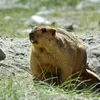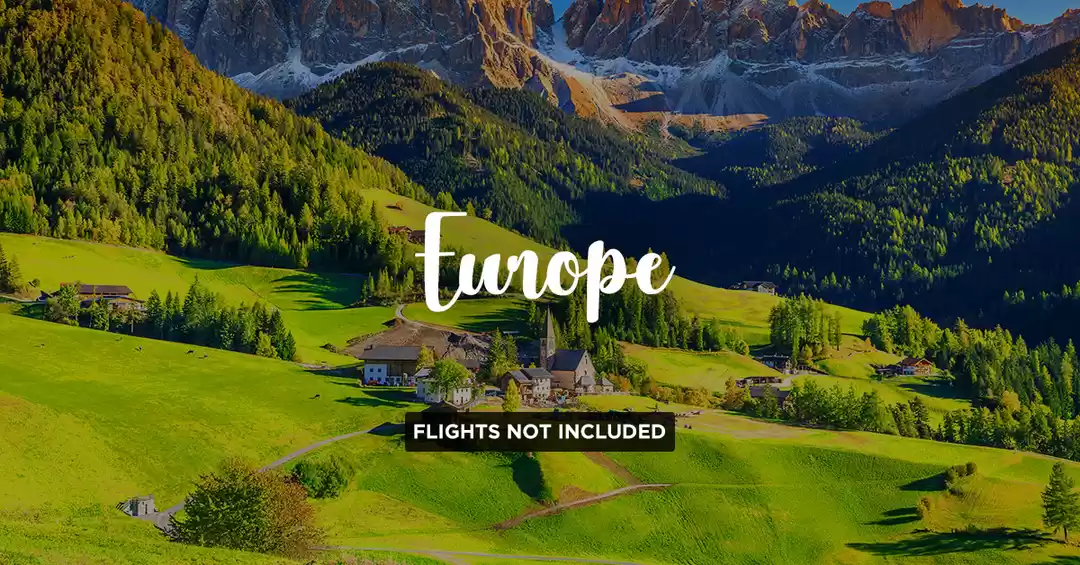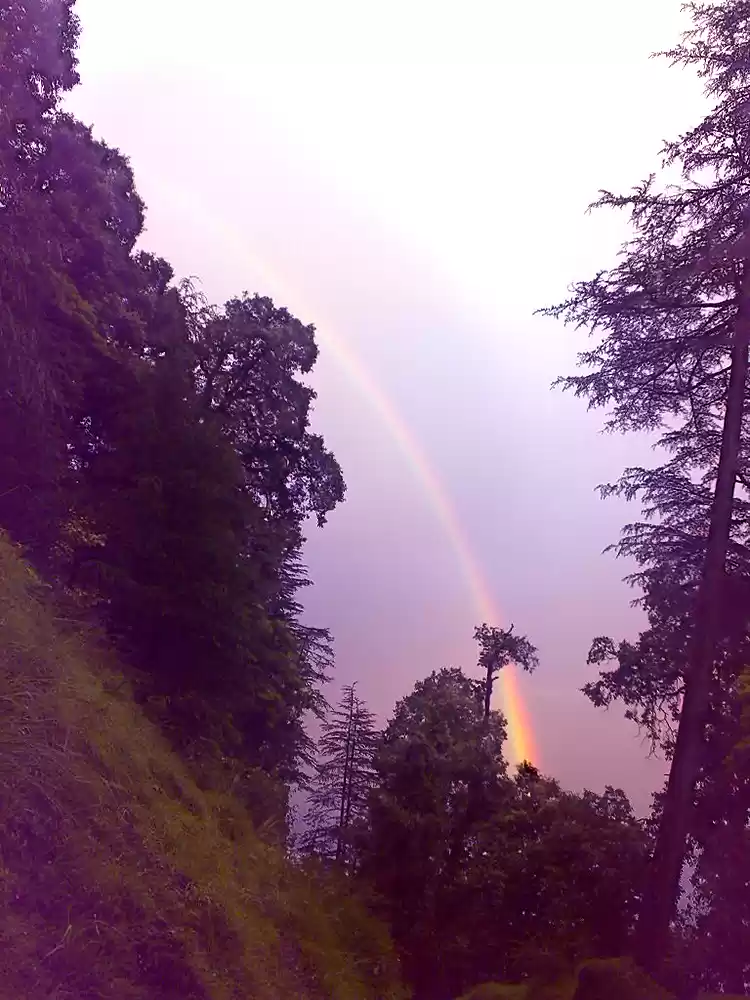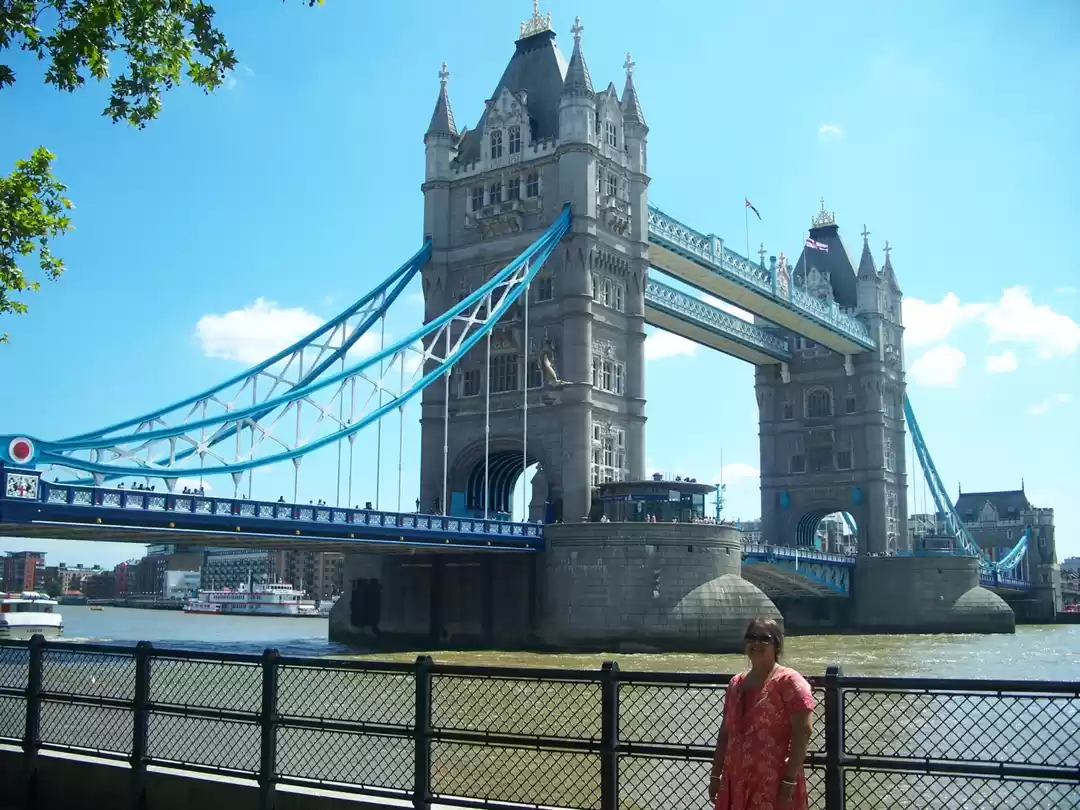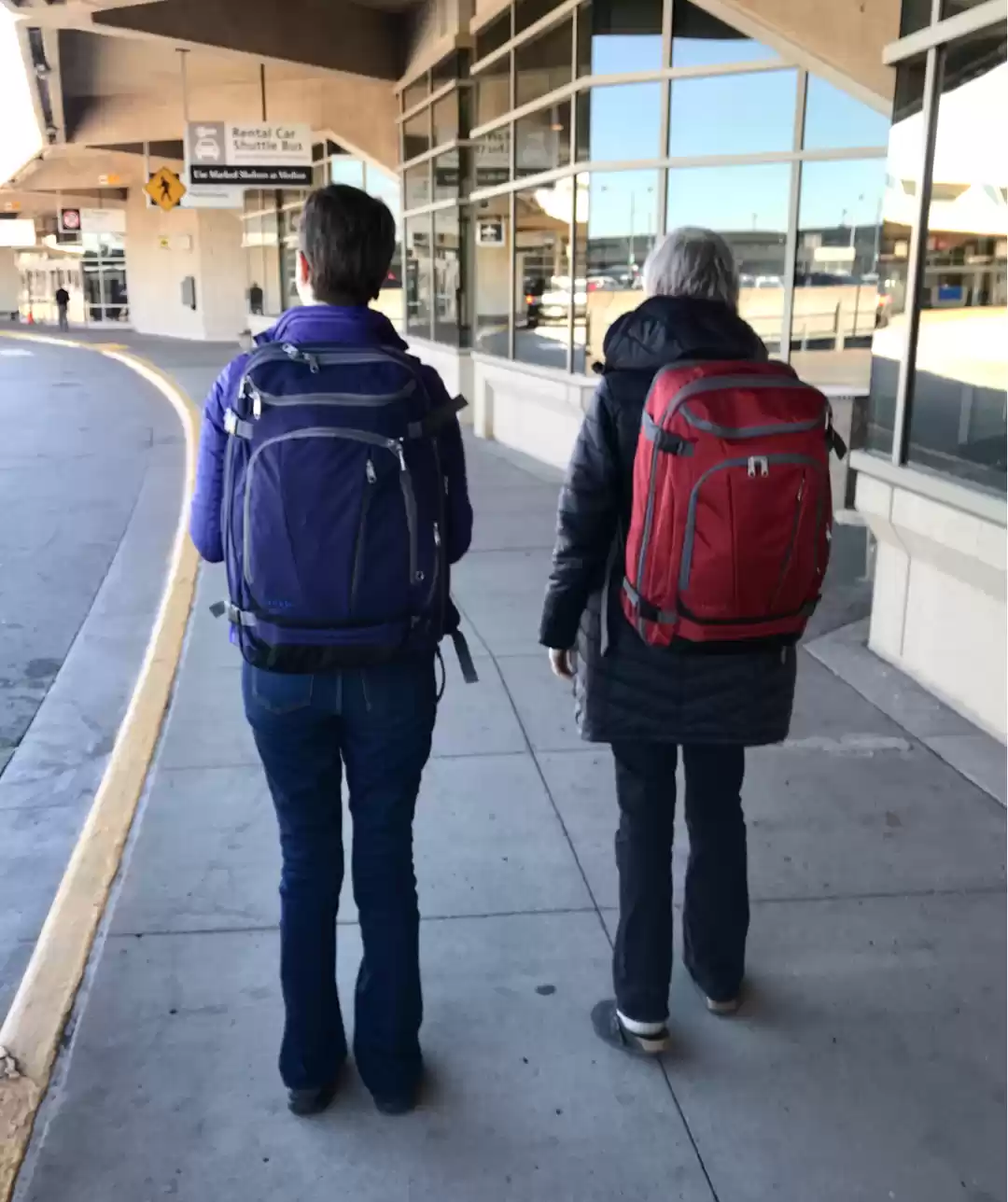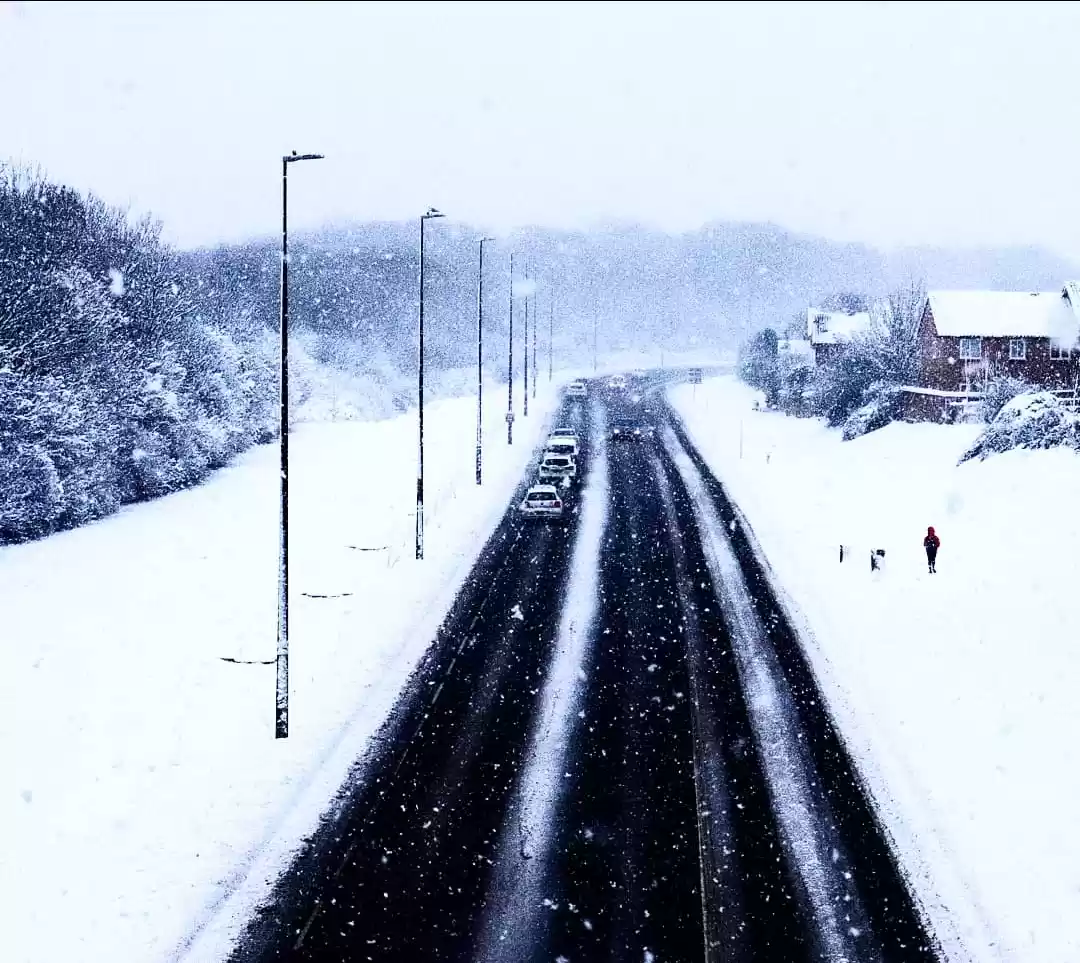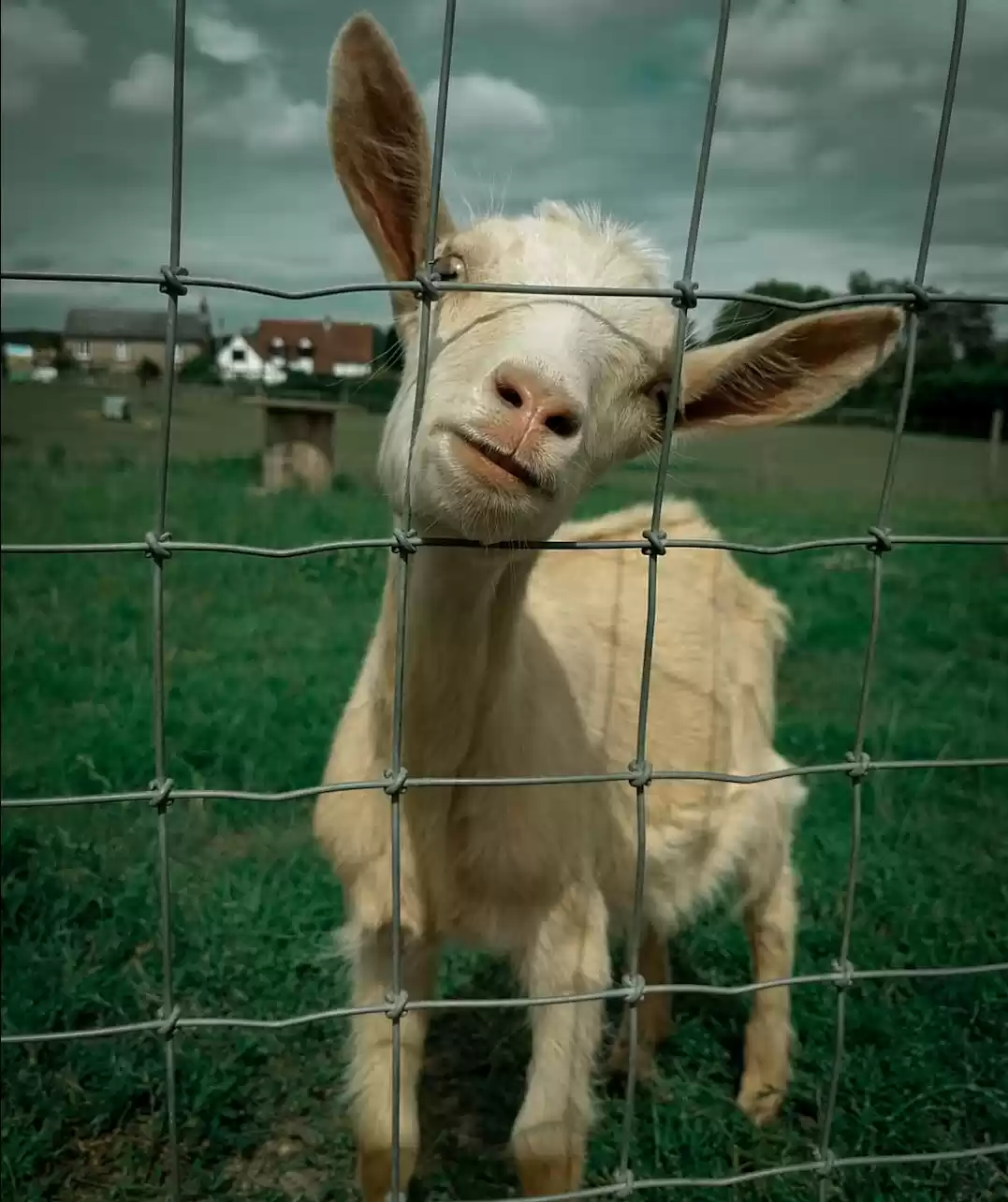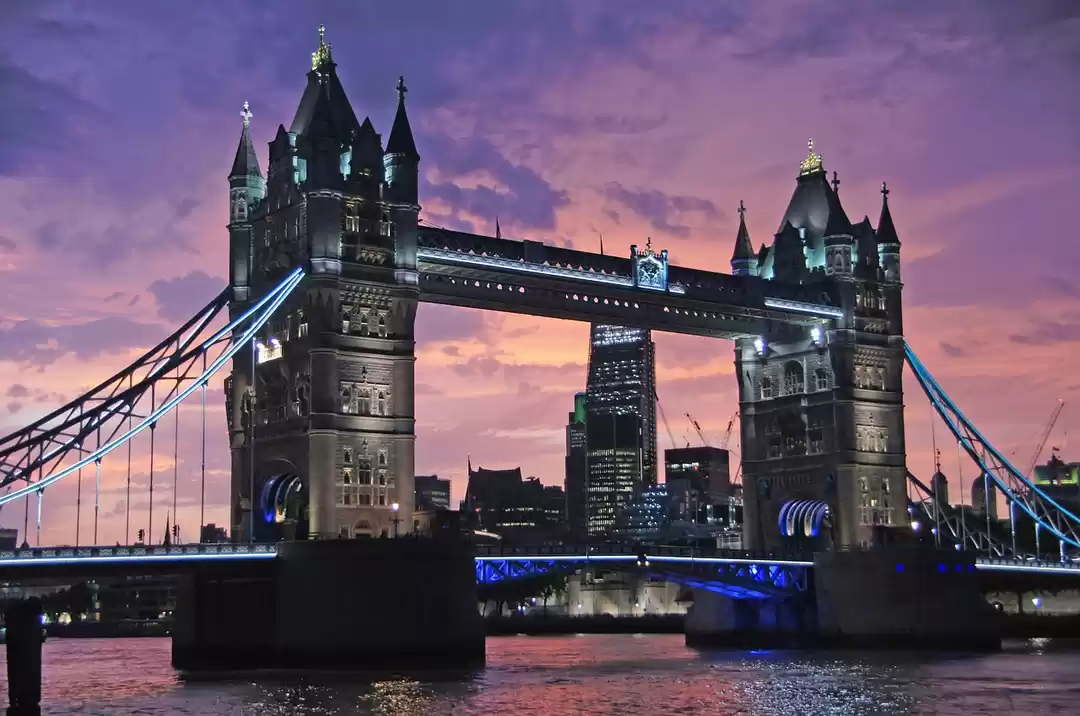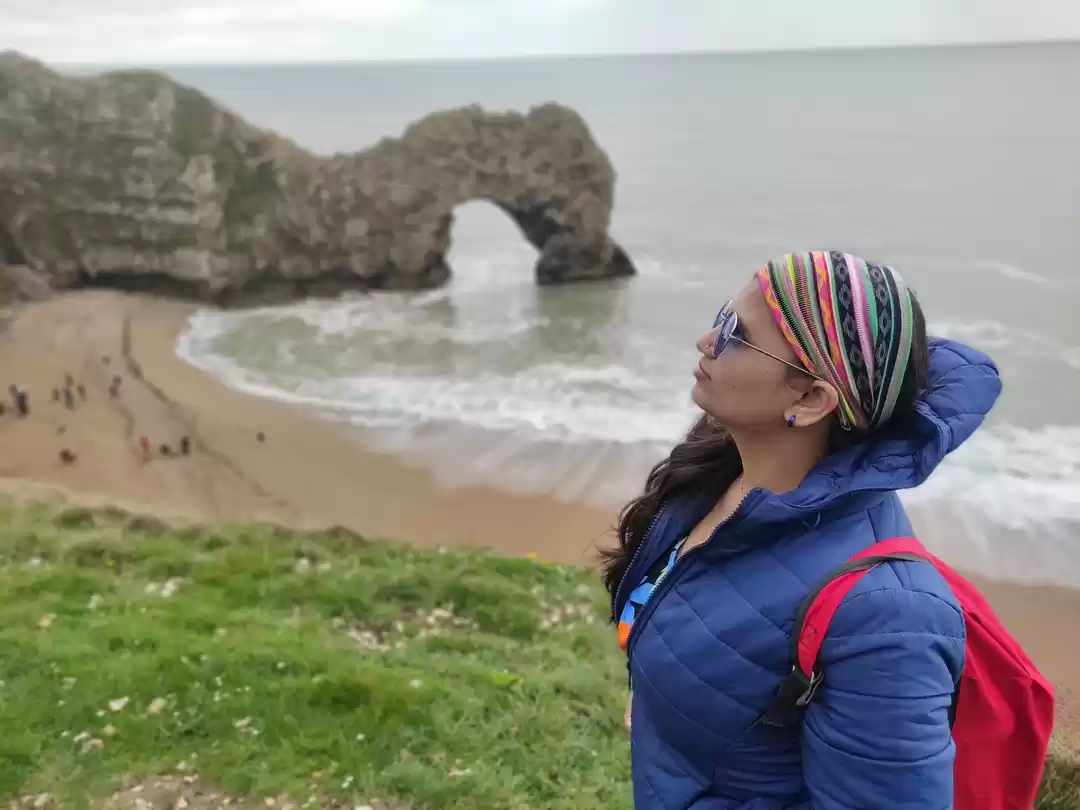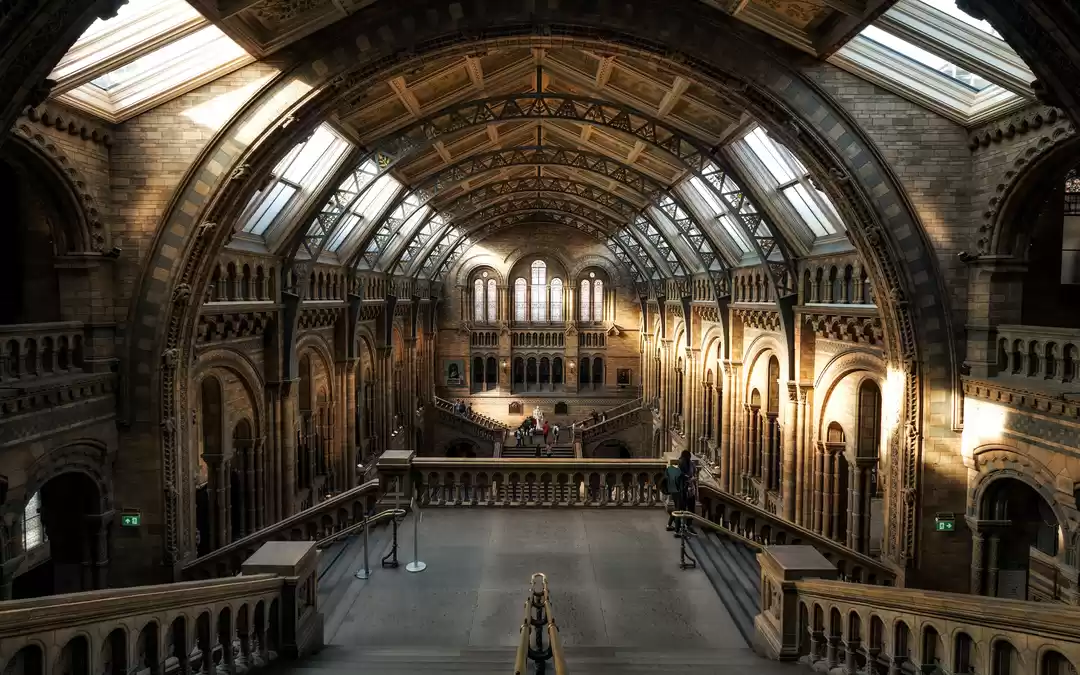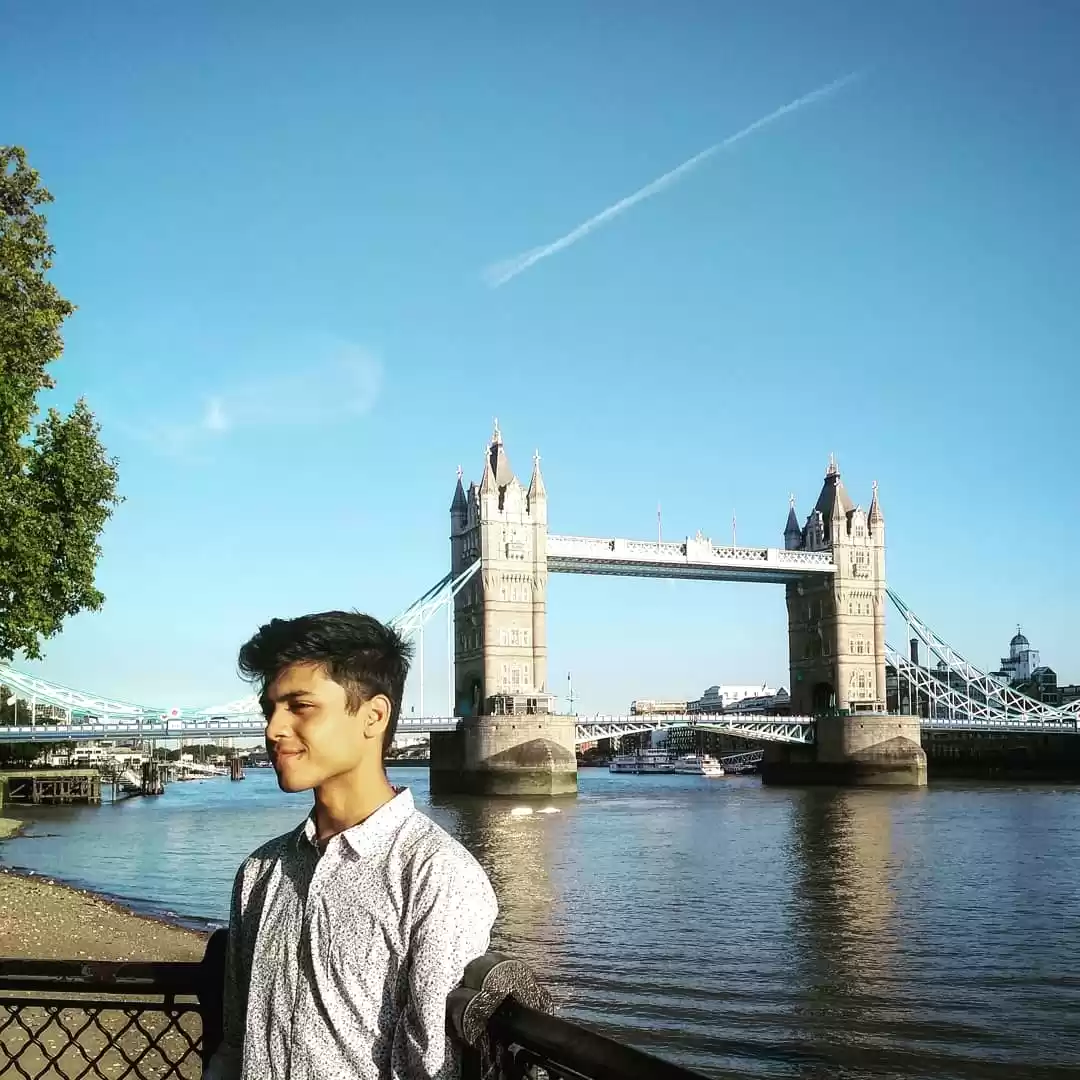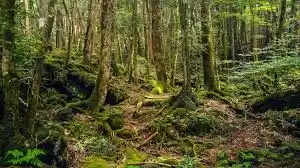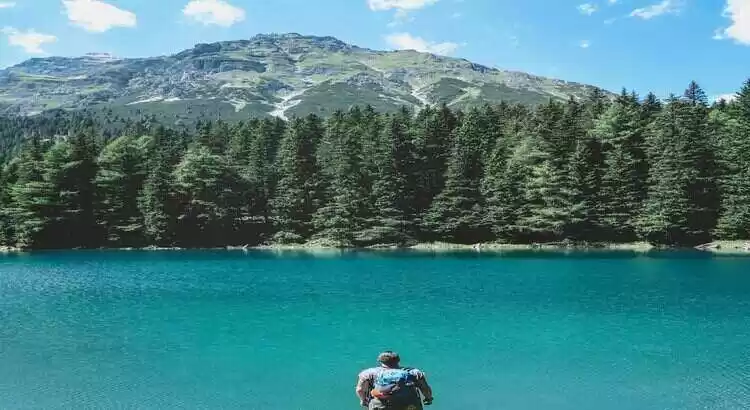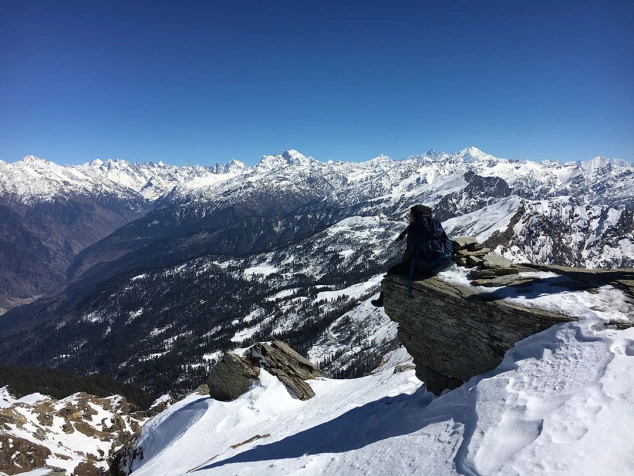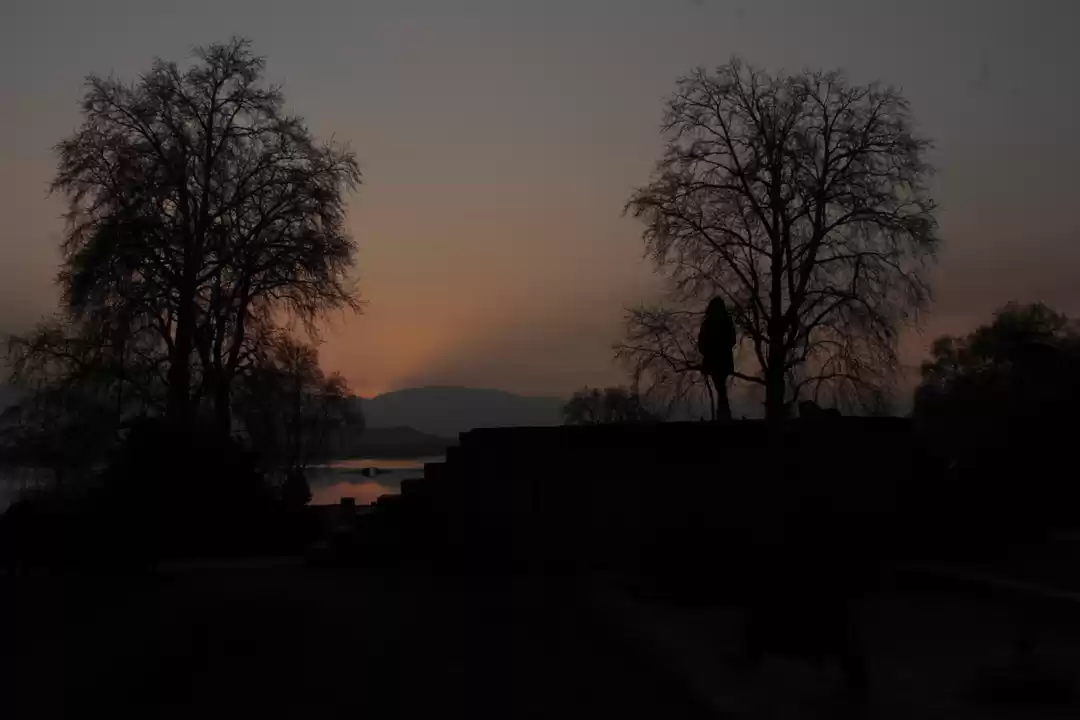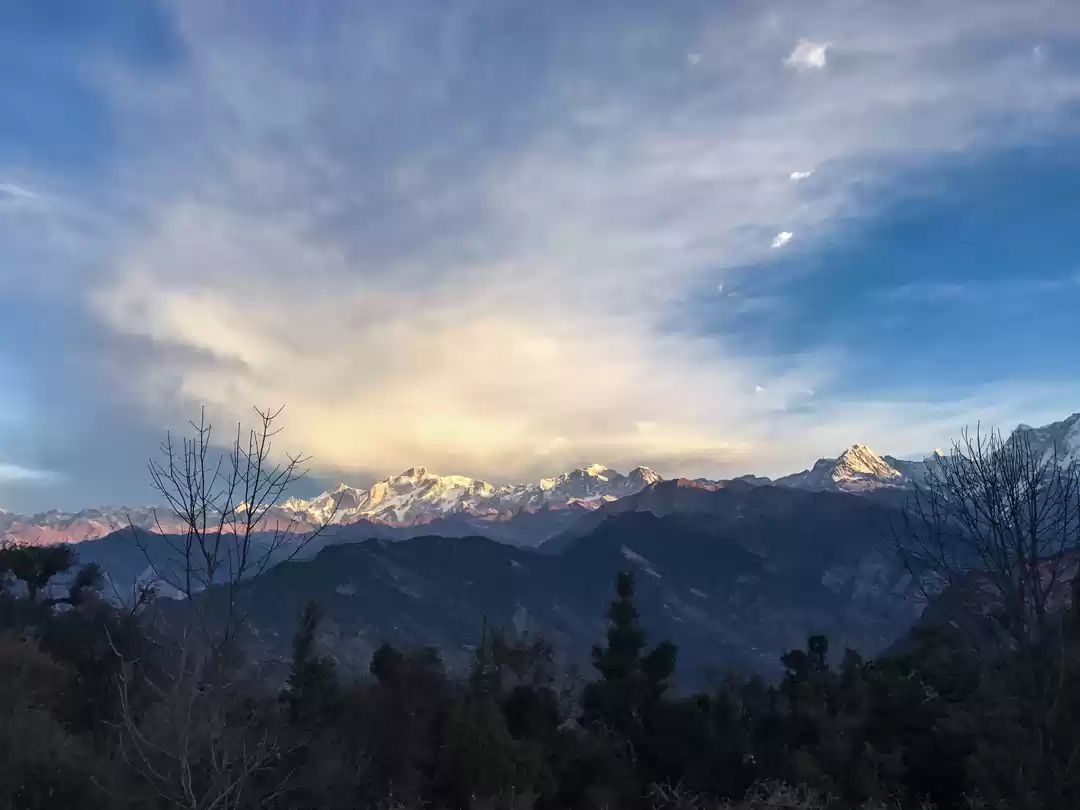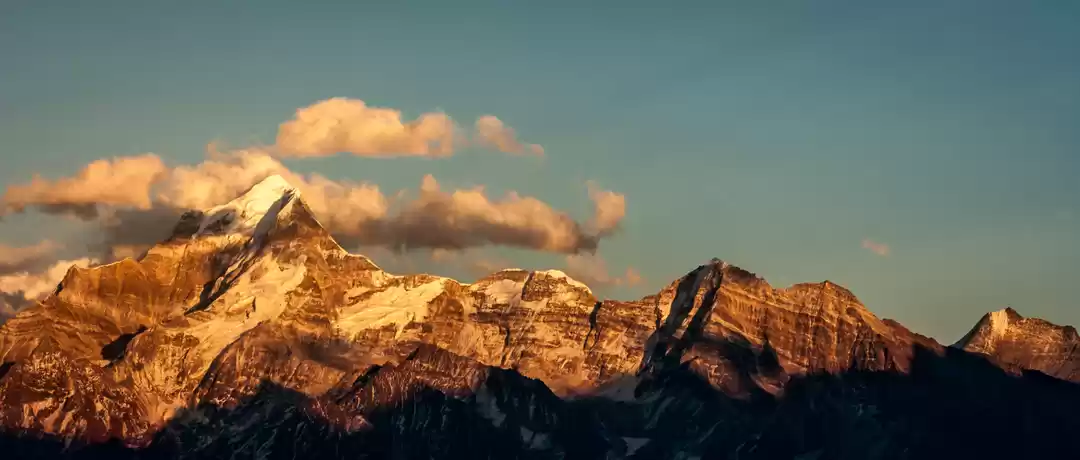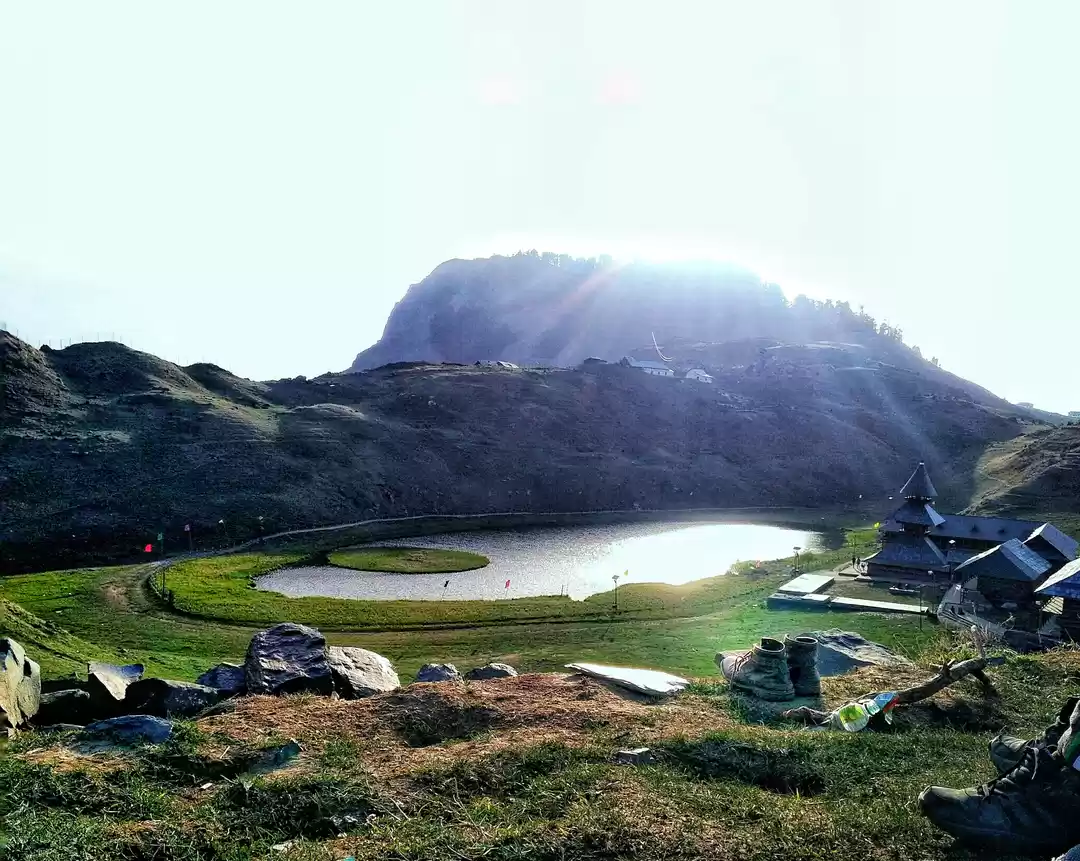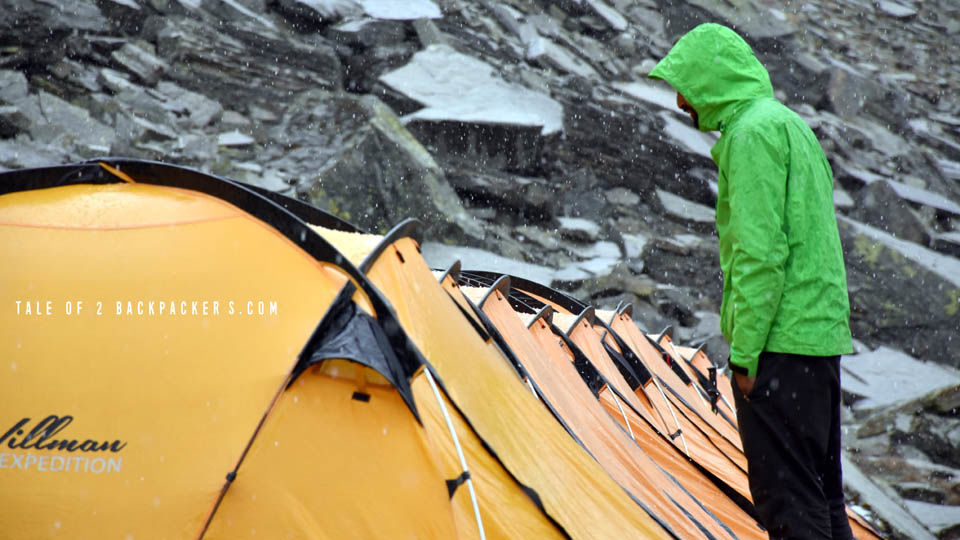
It is said that trekking keeps the body, mind and soul healthy. It is also said that travelling changes you as a person. Well, I do agree that nature is the best teacher and if a Himalayan trek is the classroom, I do not mind going back to class again and again.
Here are a few things I learnt on my way:
The fear factor
Fear was the first emotion I felt on the first day of my trek. Being an introvert, I worried if I would be able to get along with the other trekkers. I was afraid of the hilly terrains, walking along the ridges, crossing the mountain passes. It was the fear of unknown and the fear of the unpredictable that kept me on my toes. But after I started, all my worries gradually eased.
Life is totally unpredictable. And it is very natural to be afraid of the unknown. There are many situations in which we will not know the course of action and fear will take over. But we should not let this fear deter us from setting out on the journey. All we need is to overcome it and carry on.
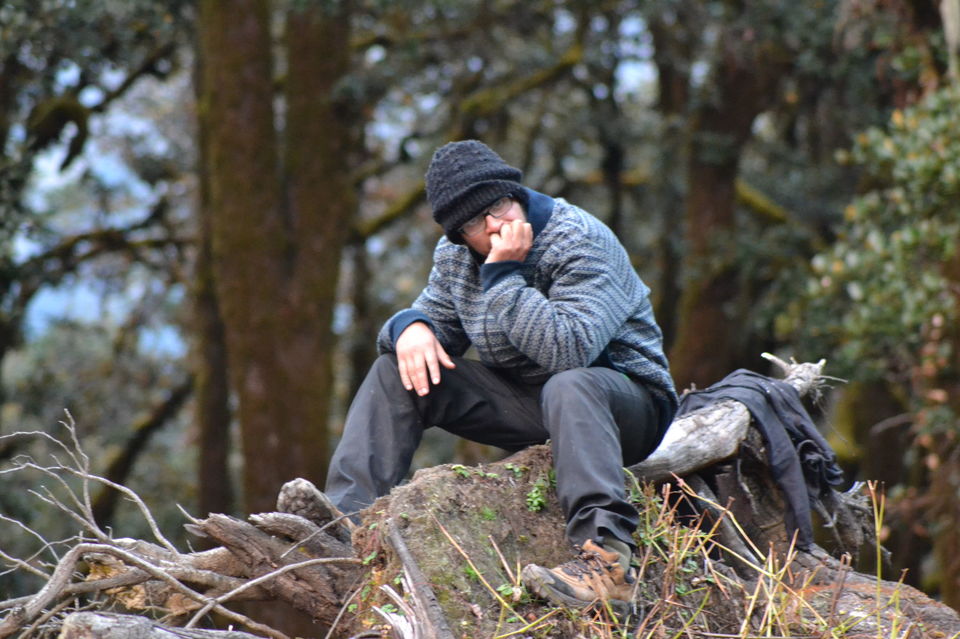
Physiological needs
Trekking in the Himalayan terrain is not a piece of cake. You are not in your comfort zone. There are no luxuries of your bedroom, no family and friends to support you. To add to these, the environmental conditions are also not very friendly. Food, sleep, and sometimes even air is compromised.
The first few days will make you feel tired. There will be moments when you might question yourself about why you stepped out in the first place. I have felt that on treks. But the panoramic vistas of the Himalayan Mountains are a great respite. Everyday, I would walk, crib a little, get dead tired, but I would also admire the beautiful surroundings and the mountains that would energise me for the next day of adventure. By the end of the trek, I would simply adjust with whatever I had and be happy.
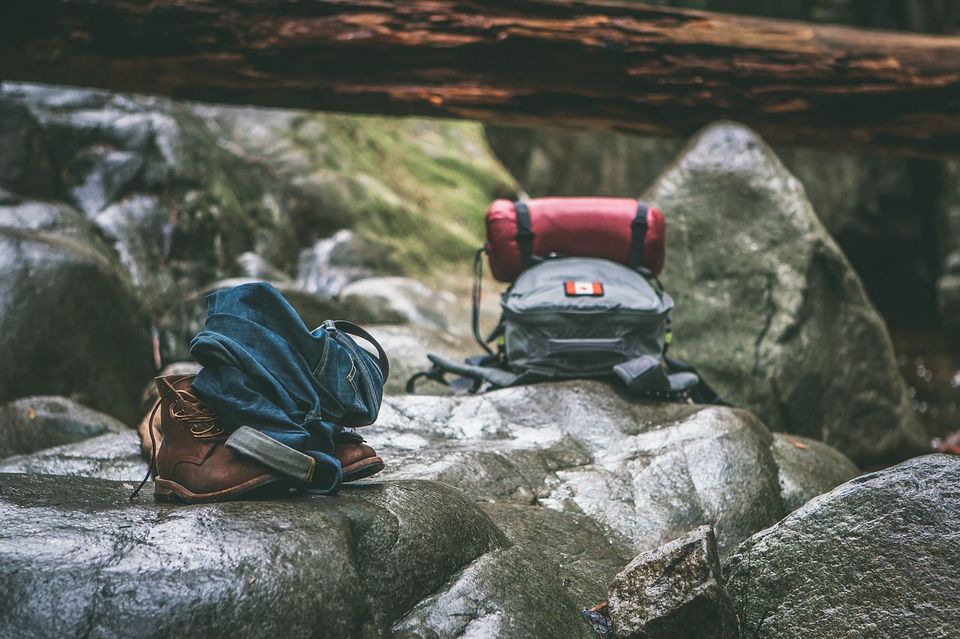
Safety and security
On a trek, you might feel certain insecurities. You might have a question about your safety. After all, you might be walking on an unfamiliar terrain, climbing over precarious ridges and wading through mountain streams. Despite the trained guides and trek leads, you might feel that you can slip and fall down to your death. There will be times when your own well-being would be the only thing in your mind.
The cold and frosty air and the unexpectedness of the trail will simply melt away all the insecurities and worries.
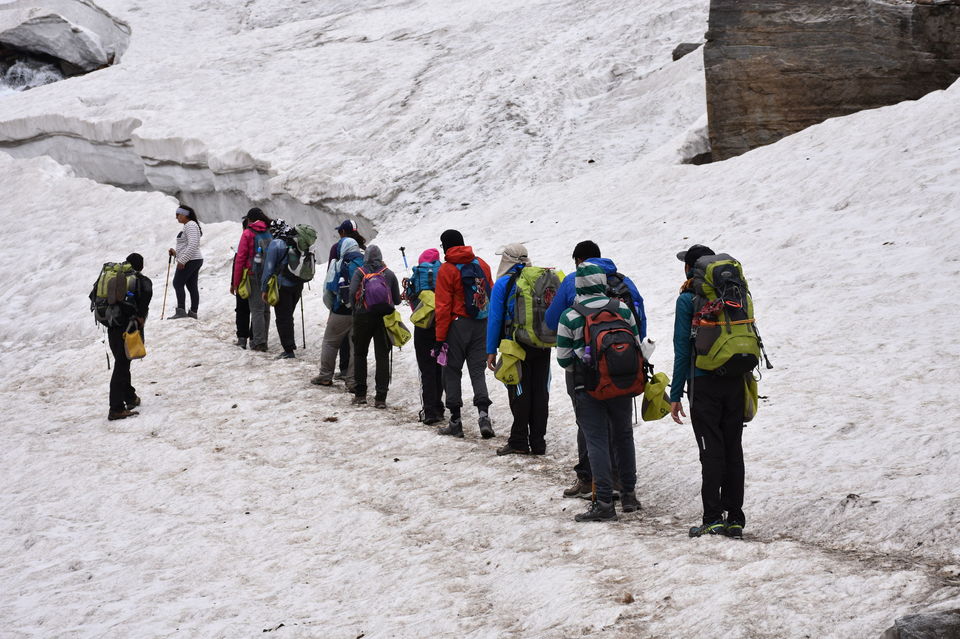
Friendship and social belonging
It is said that the journey is as beautiful as the company. It is really true when you are some thousand feet above the sea level on a Himalayan trek. A trek becomes the meeting point of people from different parts of the country. People meet, become friends and they work together for a common purpose—that is completing the trek. There is a sense of belonging and kinship. And along with nature, you also come to value companionship.
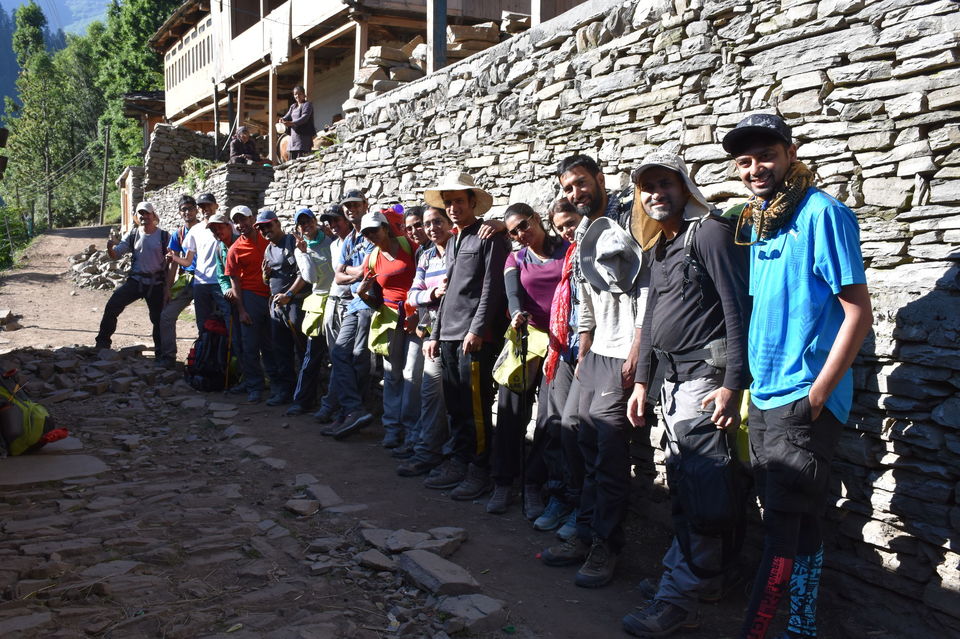
Self Esteem
The summit day is always the most important day of the trek. After the last few days of the trek, the summit looks like a beacon of light. The only thing that was in my mind at that time was to get to the top. On any normal day, it would seem an impossible task, but with perseverance and confidence, I could do it. The sheer joy that came with it was unparalleled. My belief in myself increased. That was when I realised how this trek helped me win over my self doubt.
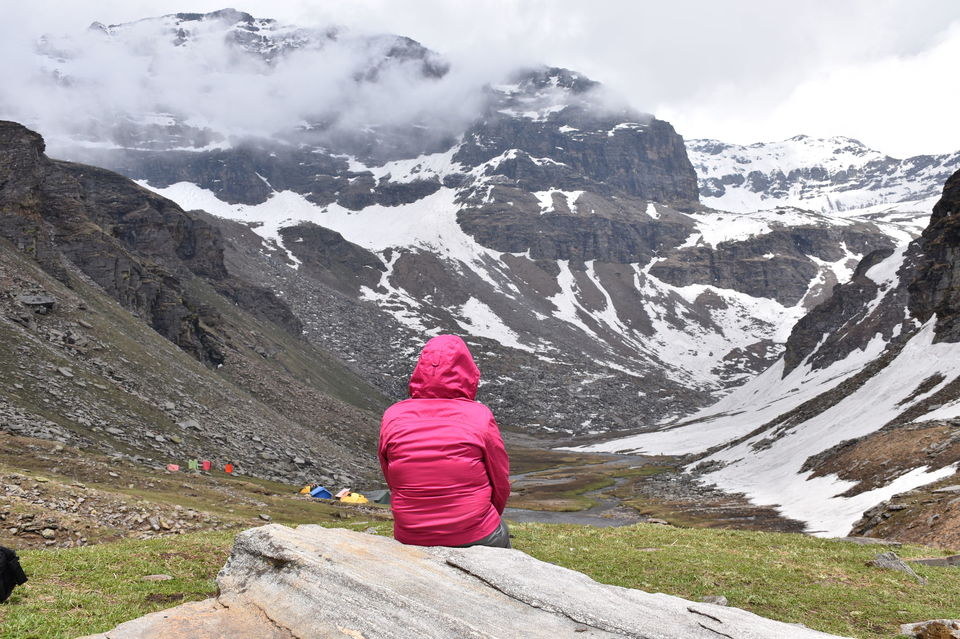
Self Actualisation
With self esteem comes self-actualisation and the belief that I can achieve my dreams. On the trek, I panted, I grunted and was tired. But I never stopped. When I was on the top of the summit and could see the mountain ranges in front of me, I was totally overwhelmed. The whole surrounding was mesmerising and I felt beautiful. While all the trekkers congratulated each other on completing the summit, I stood there happily. A Himalayan trek made me realise certain things about life that I would not have known otherwise.
Did your travel experiences make you learn a lot about life as well? Tell us all about it here.

